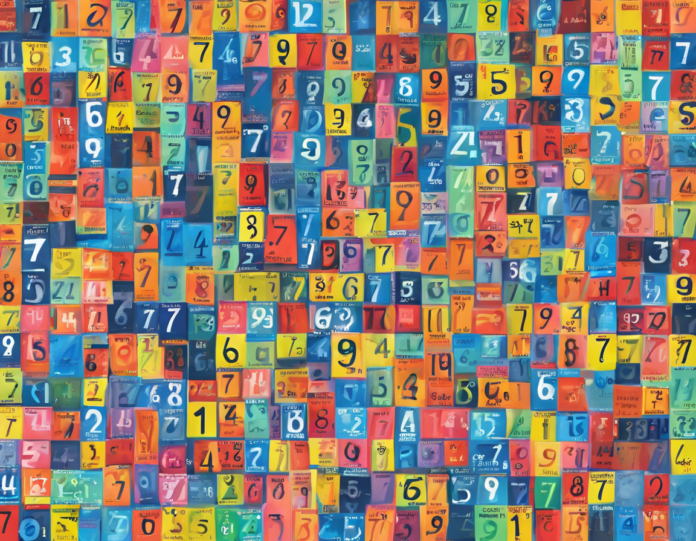Have you ever wondered whether 97 is a prime number or not? In this post, we will explore the concept of prime numbers, discuss the properties of 97, and ultimately confirm whether or not 97 belongs to this special category in the realm of mathematics.
Understanding Prime Numbers
Let’s begin with the basics. A prime number is a natural number greater than 1 that cannot be formed by multiplying two smaller natural numbers. In simpler terms, a prime number is a number that is only divisible by 1 and itself. For example, 2, 3, 5, 7, and 11 are all prime numbers because they cannot be divided by any other number except 1 and themselves.
Properties of 97
Now, let’s turn our attention specifically to the number 97. To determine whether 97 is a prime number, we need to check its divisibility. The number 97 is not divisible by any other number besides 1 and 97 itself. This means that 97 meets the criteria of a prime number as it has no other divisors.
Is 97 a Prime Number?
Therefore, based on the definition of prime numbers and the properties of 97, we can confidently state that 97 is indeed a prime number. It stands as a unique number that is only divisible by 1 and 97, making it a part of the exclusive group of prime numbers.
FAQ Section
1. What is a prime number?
A prime number is a natural number greater than 1 that is only divisible by 1 and itself, with no other divisors.
2. How can you determine if a number is prime?
To determine if a number is prime, you need to check if it is divisible by any other number besides 1 and itself. If it has no other divisors, it is prime.
3. Can prime numbers be even?
Yes, the only even prime number is 2. All other prime numbers are odd.
4. Are there an infinite number of prime numbers?
Yes, there are infinitely many prime numbers. This was proved by the ancient Greek mathematician Euclid.
5. Can 1 be considered a prime number?
No, by definition, a prime number must have exactly two divisors: 1 and itself. Since 1 has only one divisor, it does not fit the criteria of a prime number.
6. What is the significance of prime numbers in mathematics?
Prime numbers play a crucial role in various mathematical fields, including number theory, cryptography, and computer science. They are the building blocks of integers and have unique properties that make them essential in many mathematical algorithms.
7. Are there patterns in the distribution of prime numbers?
While prime numbers may seem randomly distributed, mathematicians have discovered certain patterns and conjectures related to their distribution. Examples include the Riemann Hypothesis and the Twin Prime Conjecture.
8. Can prime numbers be negative?
No, by convention, prime numbers are defined as natural numbers greater than 1. Negative numbers are not considered prime numbers.
9. How are prime numbers used in cryptography?
In cryptography, prime numbers are used in algorithms such as RSA (Rivest-Shamir-Adleman) for secure communication and data encryption. The unique properties of prime numbers, such as their difficulty to factorize, make them valuable in ensuring data security.
10. Are there any practical applications of prime numbers?
Yes, prime numbers have numerous practical applications, including in computer science (e.g., in algorithms for data compression and encryption), banking (for secure transactions), and internet security (for secure communication protocols). Their significance extends beyond pure mathematics into various real-world scenarios.
In conclusion, understanding the concept of prime numbers, such as the number 97, not only enriches our knowledge of mathematics but also highlights the importance of these special numbers in various disciplines. Whether in cryptography, number theory, or everyday calculations, prime numbers continue to fascinate and intrigue mathematicians and enthusiasts alike.

